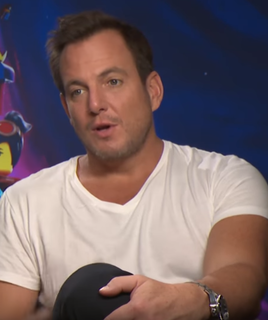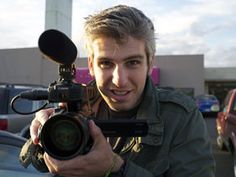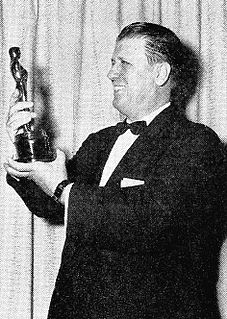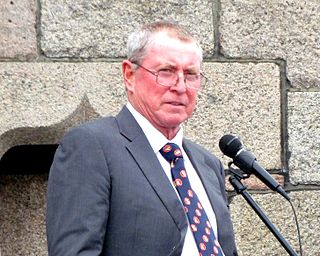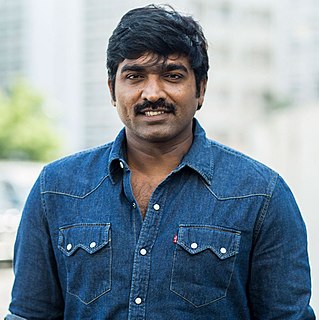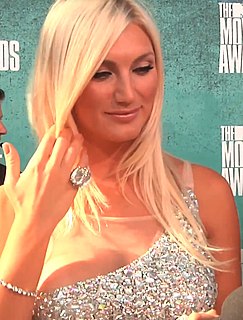A Quote by Sydney Pollack
I have to have a working knowledge of light, and optics, film emulsions and their properties, and lenses, otherwise I can't create the shoots that are the vocabulary of the films. But it is not necessary for me to be a cameraman, I can hire a cameraman.
Related Quotes
I don't think I can break down any doors, but I'm thinking, "Maybe I can be a cameraman, because I love the cameras." And the cameraman would show me how to thread the film, how to repair it, the lenses. That's when you become, like, goony goo-goo about it. You breathe and eat camera, and all of a sudden, you don't want anything else in the world. You finally know, "This is my calling." When you're passionate about something, it doesn't become work. It's art and it's fun. It's arduous, it's sweaty.
It took me three, four years, to get from my first film to my second film, banging on doors, trying to get people to give me a chance. Writing, struggling, with no money in the bank, working as an editor on the side. Working as a cameraman on the side. Getting little jobs, eking out a living. Trying to stay alive, and pushing a script that nobody wanted.
I was on a picture for four or five days, had an opportunity to be on a set, and the assistant cameraman kept showing me things. One day I climbed the fence, knowing they needed an assistant cameraman. A couple of days later, I was one. The first day or two, it was pretty disastrous, but I knew something about photography, and I caught on quick.
It's true that I don't think I'd be a good director. If I were a director, I'd try to hire the best people I could and then leave them alone. I don't know much about cameras or lighting, so I'd make sure that I had a really good cameraman who understood lenses and lighting, and I say to him, "This is the scene we have to shoot and this is what I think it should be, you go do it." Same with actors. But really, very good directors who know everything do basically the same thing. They hire you and then they leave you alone.
When I move from being a cameraman to being a director I looked at a lot of other cameramen who tried to make the move. And in each case they moved up their camera operator to be the DP, which really meant they didn't want to give up being the DP, and really wanted to do both. And my feeling was if I was going to succeed as a director, I had to just be a director and give up the safety net of being a cameraman.
I think the most important work that is going on has to do with the search for very general and abstract features of what is sometimes called universal grammar: general properties of language that reflect a kind of biological necessity rather than logical necessity; that is, properties of language that are not logically necessary for such a system but which are essential invariant properties of human language and are known without learning. We know these properties but we don't learn them. We simply use our knowledge of these properties as the basis for learning.


